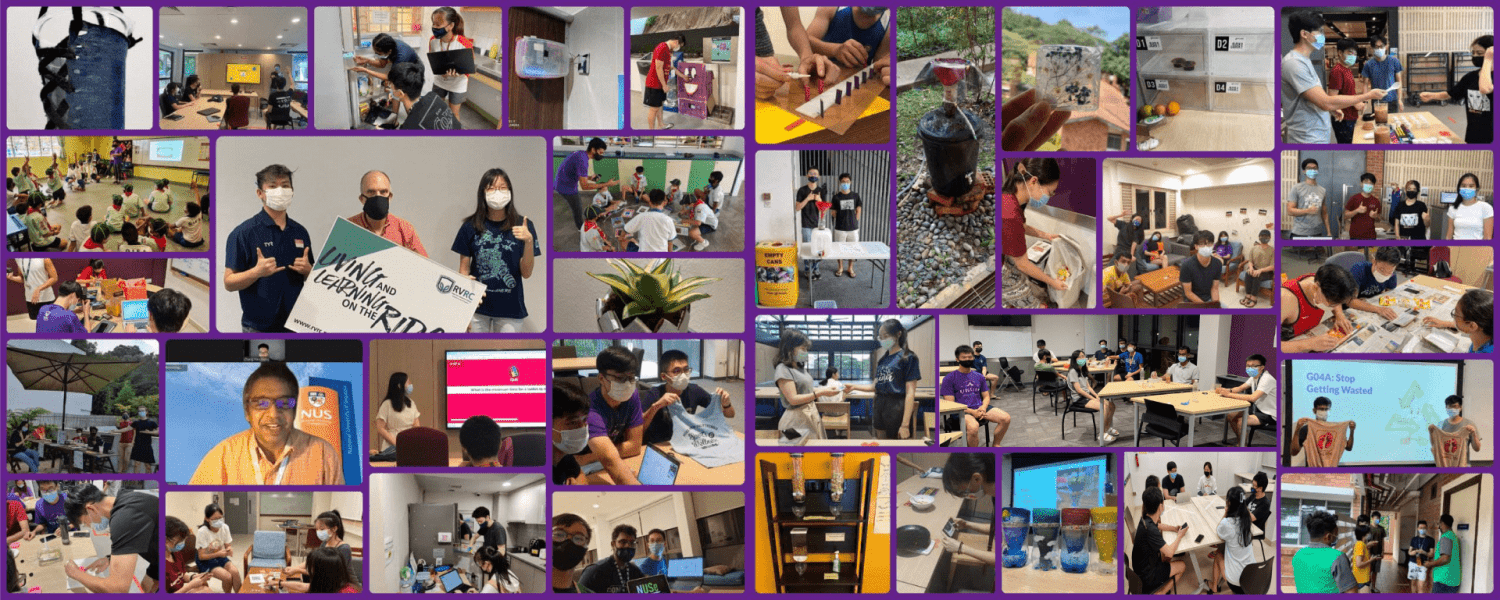Chan Shi Jun, Kathlynn Wong Jin Tine, Kwok Kuin Ek Jeremy, Lee Jun Hong, Zhang Zilong
Academic Advisor: Dr. Chua Siew Chin
Clothes cleaning consumes both water and energy, which amongst other negative environmental impacts, could lead to global warming and climate change. Yet, our preliminary survey shows that even in tropical Singapore, respondents are unaware of excess energy consumption at higher temperatures, and primarily select hot or warm laundry wash temperatures. As studies have approximated a linear correlation between electricity consumption and wash water temperature, selecting a lower wash temperature would reduce energy consumption. However, there are limited studies on consumer’s laundry habits and their preference for either a low temperature or high-temperature laundry wash program. Given that approximately 0.015kWh of energy, equivalent of 25 minutes of fan usage, can be saved just by switching from a hot laundry wash to a cold one, our project aims to promote energy savings through a two-pronged approach. Firstly, educational posters will be put up around RVRC to educate residents on the best suited wash temperature for their textile type and the benefits of washing at a lower temperature. Secondly, we would experiment with a laundry sharing program as a viable way to cut laundry energy use. The success of our approaches would be based on pre and post surveys and an observational study on the actual proportion of resident who adopt lower temperature for laundry. This project contributes data on the potential energy savings of different laundry wash temperatures, highlights excessive energy usage in the laundry process and encourage consumers to change their laundry habits and use reduced temperatures.
Keywords: Energy and Climate, Laundry, Washer Temperature, Dryer
